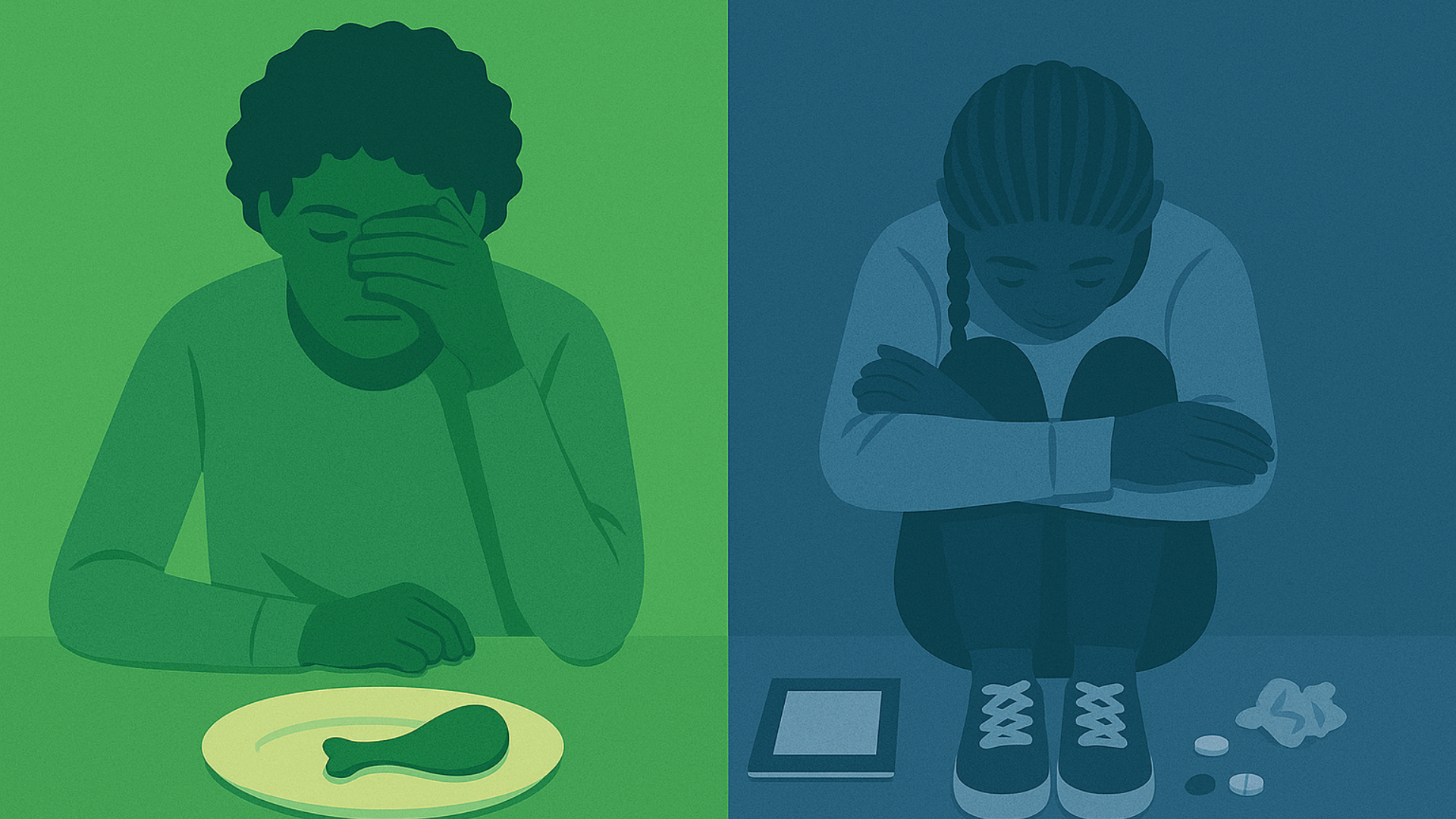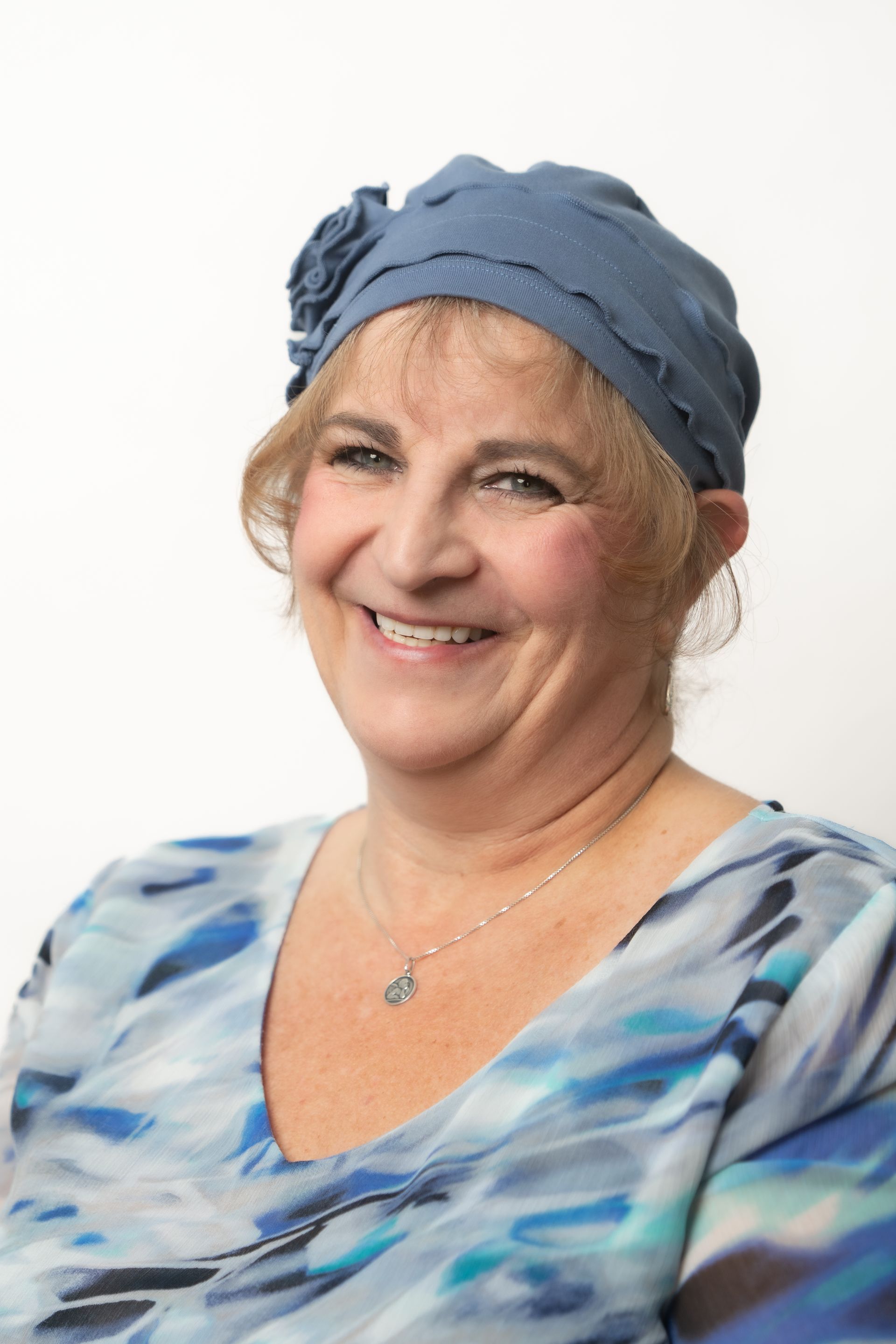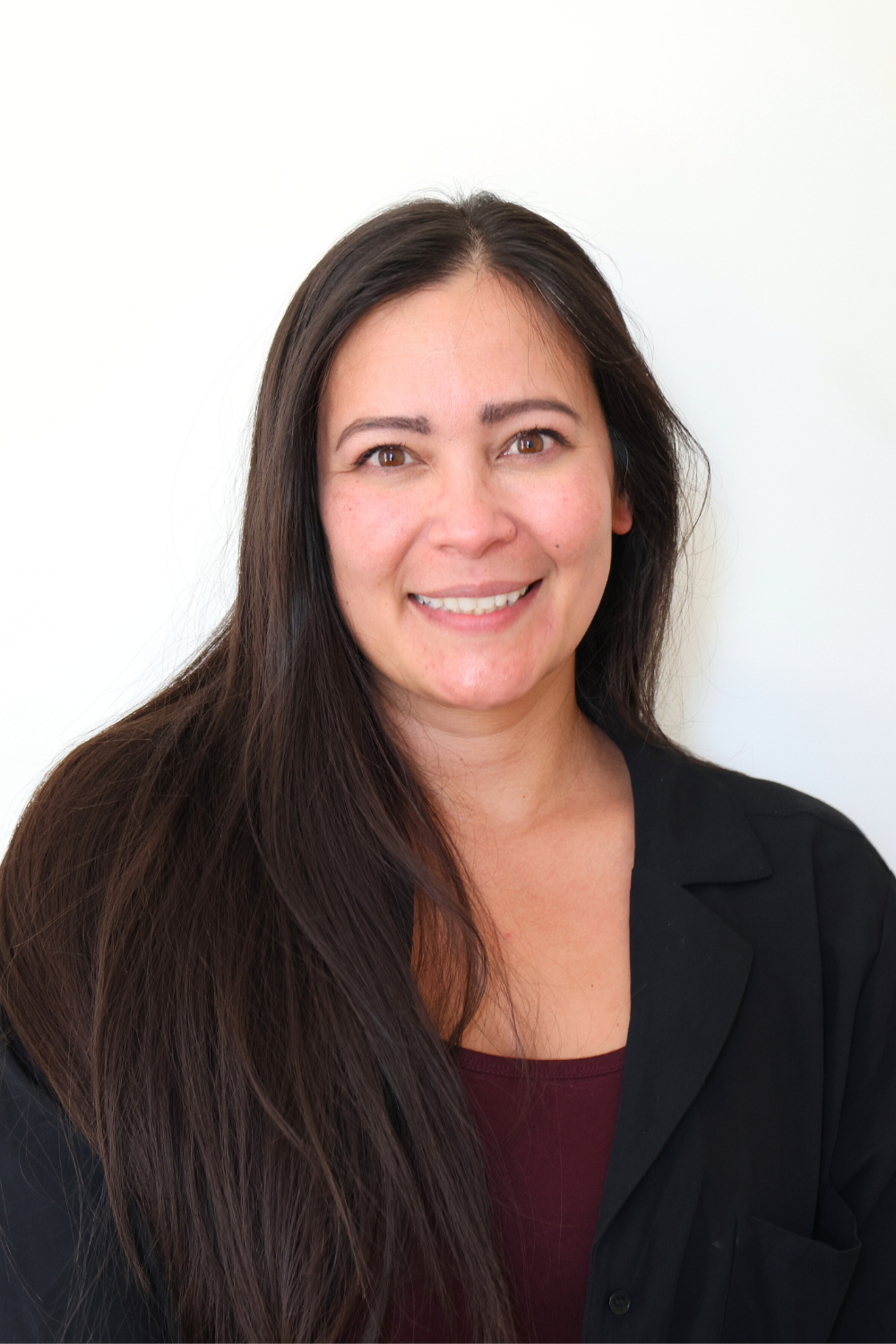We believe everyone deserves to thrive
ABOUT THRIVE WELLNESS
We are a compassionate and holistic healing community in Reno, Nevada. We unite diverse interdisciplinary clinical teams to treat mental, behavioral, and physical health conditions, offering a unique blend of compassion, courage, and creativity to enable our clients to grow and thrive wholeheartedly.
Overview of Thrive
Our story
Thrive Wellness was established in 2016 by founder and CEO, Kathryn “Kat” Geiger, LCSW, CEDS, PMH-C in Reno, Nevada. With extensive education, training, and experience as a behavioral and mental health clinician, Kat’s insights and instincts inspired her to create an enhanced healthcare experience for patients and clients as well as a deeply supportive work environment for herself and fellow providers. Kat’s vision was to cultivate a truly comprehensive approach to health care through individualized and integrated treatment that encompasses all aspects of well-being for optimal health.
Since its humble beginnings, Thrive Wellness Reno has grown to become a holistic healing community that provides physical, mental, and behavioral health care with compassion. Thrive specializes in treating eating disorders, perinatal mental health, anxiety disorders, and a variety of mental and behavioral conditions. While each location adopts the charm of its locale and tends to its clientele at hand, all are aligned in Thrive’s integrated approach to health care and hold Thrive’s mission and unique set of core values close to heart.

Obsessive Compulsive Disorder

Perinatal
Mental Health
Obsessive Compulsive Disorder
Perinatal
Mental Health
Our facilities
Nestled in the heart of Reno, our beautiful facilities offer a warm, welcoming, and beautiful space for your healing journey, where inner peace is easily found. We're dedicated to ensuring that our facilities reflect the same compassionate and patient-centered approach as our staff, so you can feel at home as you take important steps.
Our approach to health care
Thrive Wellness provides individualized, integrated, and team-based physical, mental, and behavioral healthcare and specialized treatment with compassion.
Individualized care and inclusivity
Our nutrition philosophy focuses on helping individuals develop a more peaceful, intuitive, and autonomous relationship with food. Our registered dietitians clarify and simplify misleading nutrition information and emphasize the ABCs of nutrition: adequacy, balance, and choice. We trust in intuitive eating, believe that all foods can fit in a balanced approach, and prioritize respectful and compassionate care for all body sizes, aligning with Health at Every Size (HAES®) principles in eating disorder treatment.
Integrated and evidence-based treatment
Physical, mental, and behavioral health are undeniably linked, which makes integrated care not only effective but essential. As a collective, we understand and advocate for the importance of health care that encompasses all aspects of well-being. We believe in the profound power of a multidisciplinary team of professionals working hand-in-hand to help individuals achieve healing and experience optimal health through evidence-based treatment modalities and interventions. We also acknowledge and appreciate that, in comparison to fragmented or siloed health care models, an integrated approach provides continuity in care which leads to better outcomes and lower costs for clients and patients. We are proudly united in purpose, philosophy, and practice.
An interdisciplinary team on your side
Our clinicians are committed to enhancing your health and nurturing your growth through comprehensive, collaborative, and connected care. Together, we work to unearth the root causes of symptoms and conditions, plant seeds of healing, and nourish entire well-being.
Thrive’s interdisciplinary team is diverse and devoted to helping you thrive. While our services and providers evolve to meet the needs of our communities, our clinical team is currently comprised of:
- Mental and behavioral health professionals
- Psychiatrists
- Registered dietitians
- Medical providers
- Occupational therapists
- Mindful movement specialists
With sincerity, Thrive strives to provide the highest standard of care to each and every patient and client. Our team authentically embraces a unique value system that empowers us to support and serve our communities.
Our core values

Obsessive Compulsive Disorder

Perinatal
Mental Health
Obsessive Compulsive Disorder
Perinatal
Mental Health
- We believe that courage and optimism are interdependent qualities. One cannot exist without the presence of the other.
- We choose to believe that our staff and our clients are doing the best they can and have good intent.
- We commit to being inventive in our treatment approaches and thinking outside the box.
- We believe optimism when coupled with wisdom, creates a healing environment.
- We commit to holding hope and facilitating courage for every client in our care.
- While we acknowledge that pain is an unavoidable part of life, we believe that suffering can be reduced by healing the relationship with the inevitable experience of pain.
- We believe it is our responsibility to hold courage and hope for a client until they can hold it for themselves.
- We relentlessly and passionately pursue the best possible outcomes for those we serve.
- We stand strong in the face of all adversity.
- We promote advocacy for historically oppressed people and communities as we believe that this improves overall outcomes for all people in our communities.
- We commit to use our creativity to make a way when there is no way.
- We value honesty, and believe that honesty must be paired with empathy in order to be authentic and effective.
- We promote kindness among all.
- Thrive Wellness is part of the fabric of the communities it serves on every level.
- Thrive strives to identify mental, occupational, and related healthcare needs within our geographic, larger professional, and workplace communities and meet these needs through cooperative and collaborative relationships with community members and organizations.
- Thrive aims to pursue social justice within our communities by providing tools and opportunities to minority groups and working to reduce the effects of systemic racism and sexism in our communities through education for majority groups.
- We believe that creating a strong team community within Thrive that values honesty and integrity will only serve our greater community’s good.
- We understand and demonstrate that our team, our clients, and our community partners deserve recognition on a regular basis.
- Thrive believes in the concept of synergy- the whole multidisciplinary treatment team is greater than the sum of its parts.
- We believe that in order to help our clients grow, we must also commit to personal, professional, and organizational growth.
- We encourage professional growth in our team- investing in training and educational experiences to best serve our clients and communities.
- We take a stance of flexibility in our organization, assessing and allocating resources in response to the ebb and flow of our own growth and the growth of our communities.
- We are intentional in providing opportunities to promote the personal growth of our staff; we aim to deepen our clinicians’ understanding of themselves, provide space for rest and restoration, and encourage their other roles outside of those they hold at Thrive.
- We believe that our growth is interdependent upon each other, and commit to fostering a supportive and nurturing work environment for our team.
Our team

INTERDISCIPLINARY TEAM
Our diverse team of clinically trained professionals work together to ensure that you and your loved ones are provided with the best care possible.
See us featured in these publications
What our clients are saying:
“I had an amazing experience here at Thrive! It was one of the most healing environments I have ever been in. I am so grateful I have had this experience and I have come out a stronger person.”
Madison - Thrive Client
“It’s extraordinary that Thrive has given us the opportunity to reconnect with ourselves. It’s the best. I love Thrive!”
Megan - Former Client
“The best thing about my experience [at Thrive] was the team approach. It definitely was the most awesome thing to have an occupational therapist, nutritionist, and your regular therapist. That really helped me a lot.”
Sue - Former Client
“We LOVE thrive, and go there for counseling services as well as primary health care! All around great staff who really cares.”
Mahala - Thrive Client
“Thrive has changed my life for the better and I couldn't be more thankful.”
Alejandra - Thrive Client
We are in-network with most major insurance providers
Our team is here to help by talking to your insurance company, answering your questions, and giving you all the support you need throughout the whole process.




Our Latest Posts:








































































































































